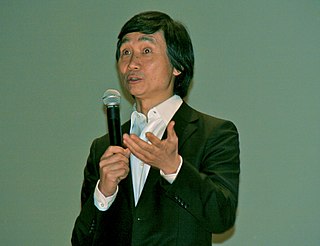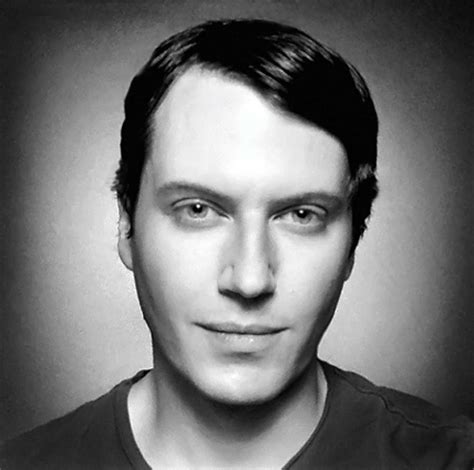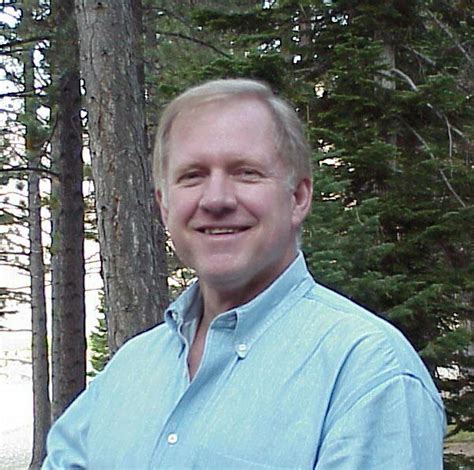A Quote by Geoffrey Hinton
Machines can do things cheaper and better. We're very used to that in banking, for example. ATM machines are better than tellers if you want a simple transaction. They're faster, they're less trouble, they're more reliable, so they put tellers out of work.
Related Quotes
Machines help us do things more quickly and efficiently, but they can also destroy some community activities. Machines can also throw the weakest people out of work and this would be sad, because their small contribution to the housework or cooking is their way of giving something to the community. People who are capable of doing things very quickly with the help of machines become tremendously busy, always active, in charge of everyone - a bit like machines themselves.
The hollowing out of the middle class. That's not just about capitalism or the structure of taxation. That is also about the fundamental truth that machines can do a lot of things better than humans used to do. A lot of those people are being pushed down to do less value-adding jobs, so they get paid less money.
Machines already are much smarter than us at so many things. I mean, try to multiply two 10-digit numbers with each other or, you know, sift through a thousand documents. So there's lots of things that machines are better at including in mental task than us. There's many more that they're not as good at, but the direction is pretty obvious and the progress is clear.
Of course we will continue to work for cheaper electricity in the homes and on the farms of America; for better and cheaper transportation; for low interest rates; for sounder home financing; for better banking; for the regulation of security issues; for reciprocal trade among nations and for the wiping out of slums. And my friends, for all of these we have only begun to fight.
We do know that we can set certain algorithms for machines to do certain things - now that may be a simple task. A factory robot that moves one object from here to there. That's a very simple top-down solution. But when we start creating machines that learn for themselves, that is a whole new area that we've never been in before.
(Howard Dean) is proving that the Internet is a better, cheaper, and faster way to raise money than the old glad-handing of special interests and fat cat donors. He's also about to demonstrate that the Internet is a better place to spend campaign dollars than are TV stations and media time buys. The fact that Internet communications is free makes one-on-one retail politics more effective, more rapid, and less costly than mass communication.






































